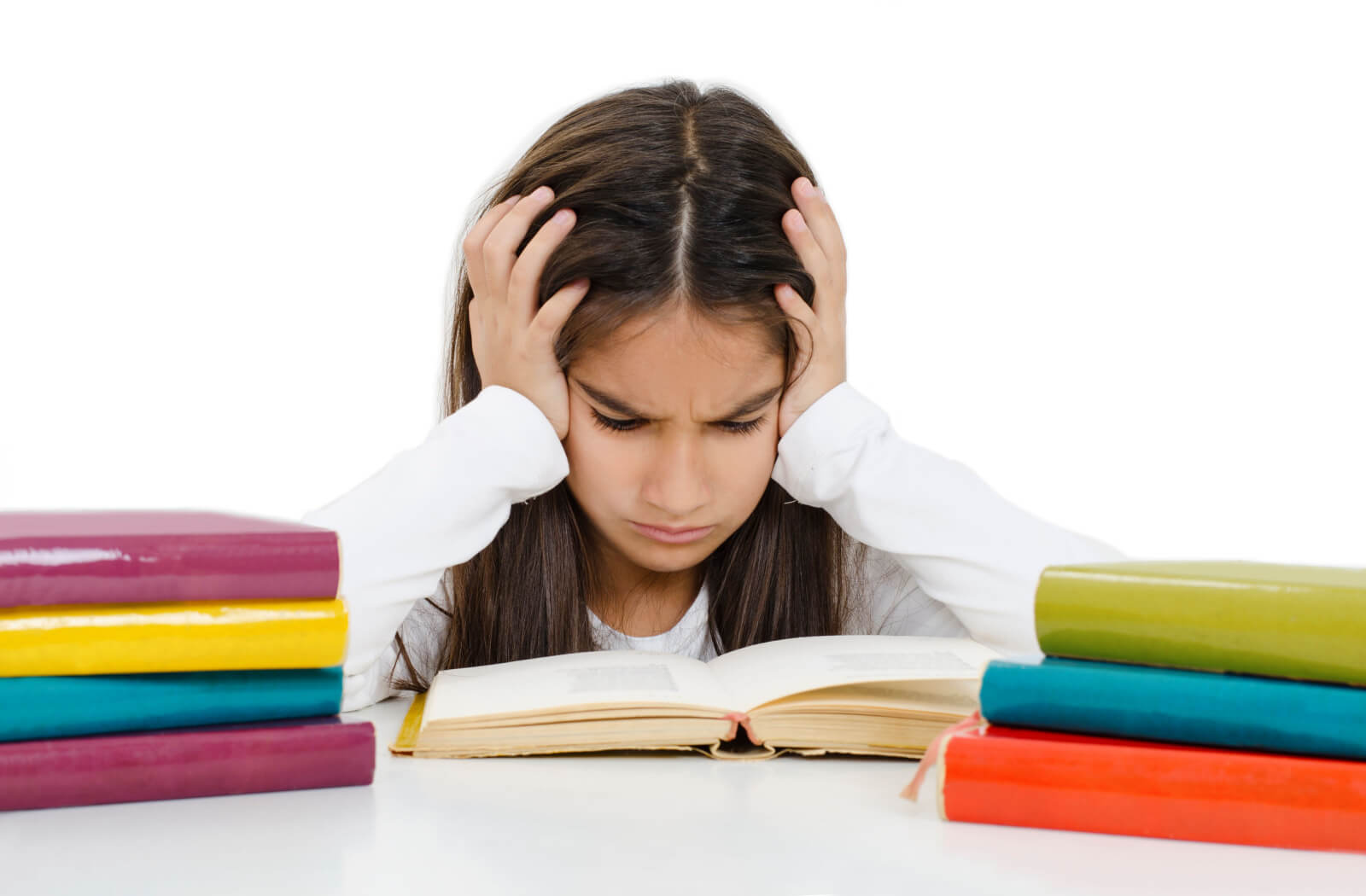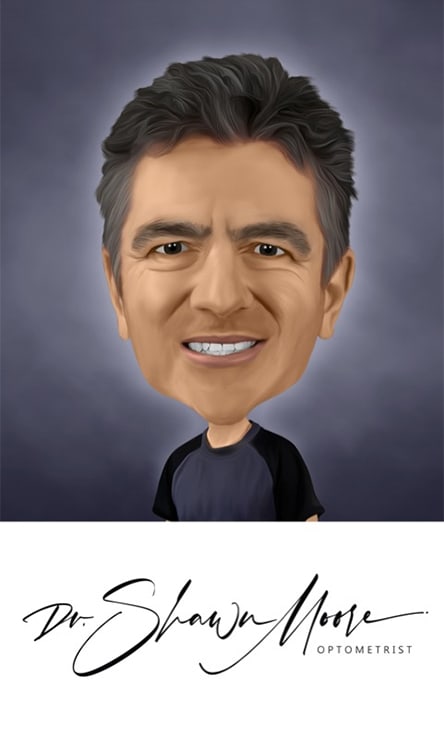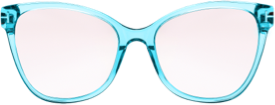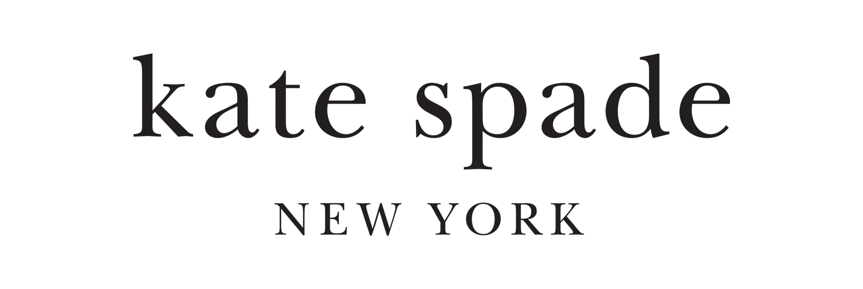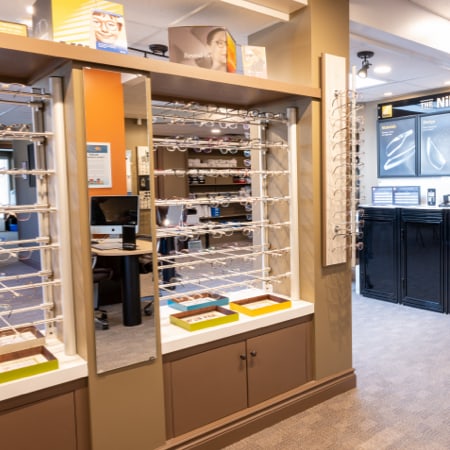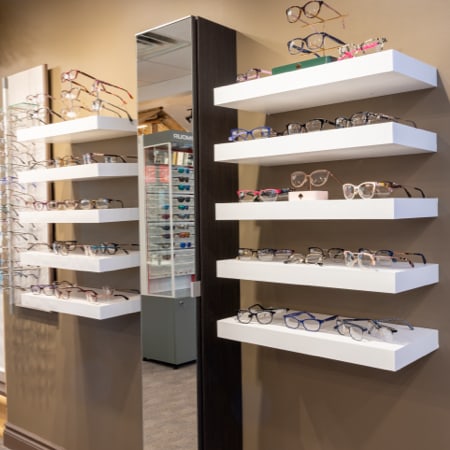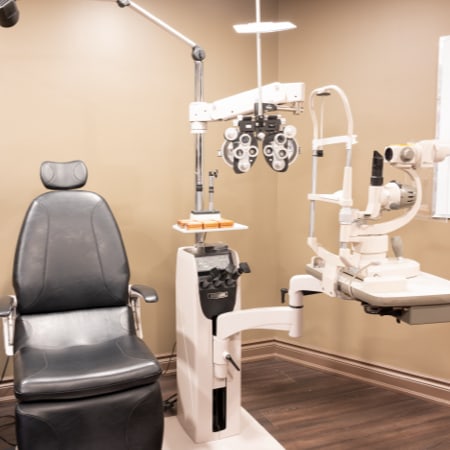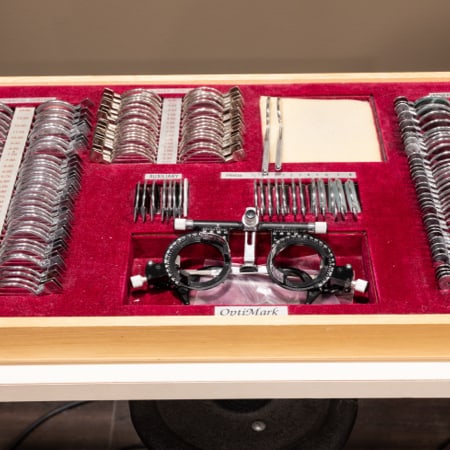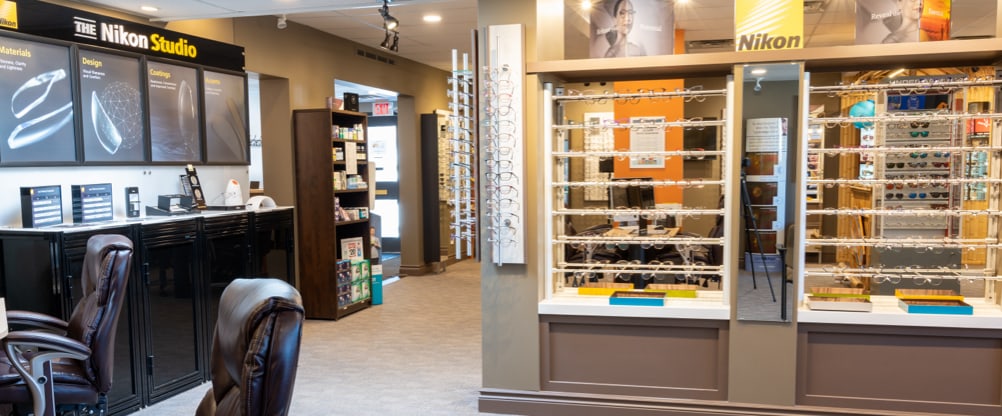Our eyes are one of our most important features, allowing us to see and perceive the world around us. But what many people might not recognize is how directly our vision is linked to our ability to learn. As a result, vision problems can significantly impact a child’s learning potential, making it difficult to read, write, and comprehend information.
This is where vision therapy comes in. Because your child could have 20/20 sight but still have vision problems, vision therapy can help them develop their eye teaming, coordination, and focusing control.
What Is Vision Therapy?
Vision therapy is a specialized form of therapy that aims to improve your visual skills and abilities. Optometrists often use it to treat conditions such as:
- Amblyopia (lazy eye)
- Strabismus (crossed eyes)
- Convergence insufficiency
- Eye strain and digital eye strain
- Traumatic brain injury
- Sports vision training
Vision therapy involves a range of exercises using tools designed to improve eye coordination and enhance visual processing skills. Your optometrist can tailor a therapy program to address your specific visual needs. Depending on these needs, it could include work with prisms, patching, or computer programs.
The Difference Between Sight & Vision
Before we delve into the link between vision and learning, it’s essential to understand the difference between sight and vision. Sight is the physical act of seeing, such as the ability to detect light and colour through the eyes. Your child might have “perfect” 20/20 sight but still have trouble in school due to vision problems.
On the other hand, vision is the brain’s interpretation of that visual information. It’s the ability to understand what we see, recognize objects, and make sense of our surroundings. A vision problem could happen because of a communication breakdown, such as how strabismus causes one eye to turn in a different direction than the other.
A sight test might be able to assess your child’s prescription, but a comprehensive eye exam explores overall vision health. While sight is important, it’s only one part of a complex visual system that enables us to learn and interact with the world.
The Link Between Vision & Learning
Our ability to learn is closely linked to our vision. Therefore, when a child has vision problems, it can significantly impact their ability to read, write, and comprehend information. For example, a child with an undiagnosed vision problem may struggle to keep up with their classmates, leading to frustration, low self-esteem, and academic difficulties.
Some vision skills related to learning include:
- Visual acuity
- Eye focusing
- Eye tracking
- Eye teaming
- Eye-hand coordination
- Visual perception
If your child is having trouble with any of these visual skills, it could result in them struggling in school. In addition, children can have trouble communicating that they’re having a vision issue, which can sometimes lead to their vision being ignored. Because a child with vision problems can appear distractible and impulsive, a doctor may even misdiagnose them with ADHD.
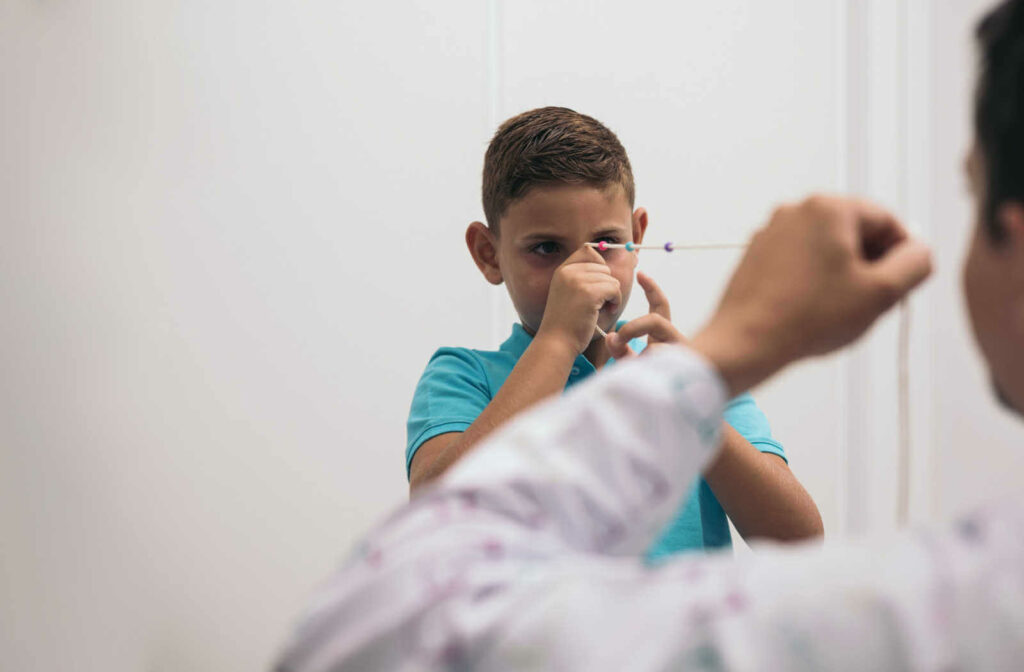
Vision Therapy to Support Learning
Vision therapy may be an effective solution for many of these vision problems. It focuses on the pathways between your eye, through the optic nerve, and into the brain. If there’s a breakdown in this system, vision therapy aims to fix it.
By exercising and retraining your brain to use your eye muscles more effectively, vision therapy can help people improve their ability to read and comprehend information. In fact, many children who struggle with learning due to vision problems have shown significant improvement after completing a vision therapy program.
One of vision therapy’s key benefits is that it may improve a person’s ability to learn in all areas, not just academics. You never stop learning, so vision therapy can be effective for children and adults. It may enhance a person’s ability to process visual information in their daily life, such as navigating their surroundings, playing sports, and driving.
Vision therapy can be a long process. It typically involves a series of sessions over several months, and progress may be slow and gradual. But in return, the results can be long-lasting and may significantly improve quality of life.
Is Vision Therapy Right for You?
If you or your child is struggling with learning or experiencing symptoms such as headaches, eye strain, and fatigue, a comprehensive vision exam may uncover an underlying vision problem. If your optometrist identifies one, they may recommend a vision therapy program.
At Orillia Optometry, you can find a qualified vision therapist with experience treating your specific vision issues. Your vision therapist can create a customized program to help you reach your goal of exceptional eyesight.
Don’t let poor vision get in the way of your child’s learning. Book a visual skills test with us today!

